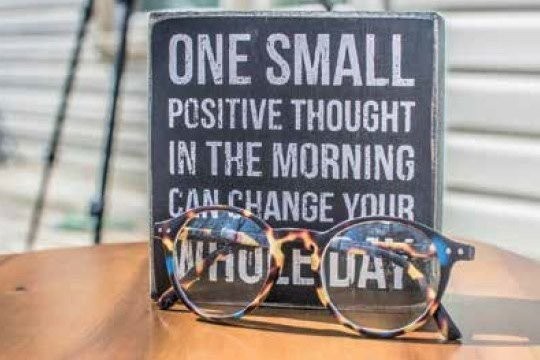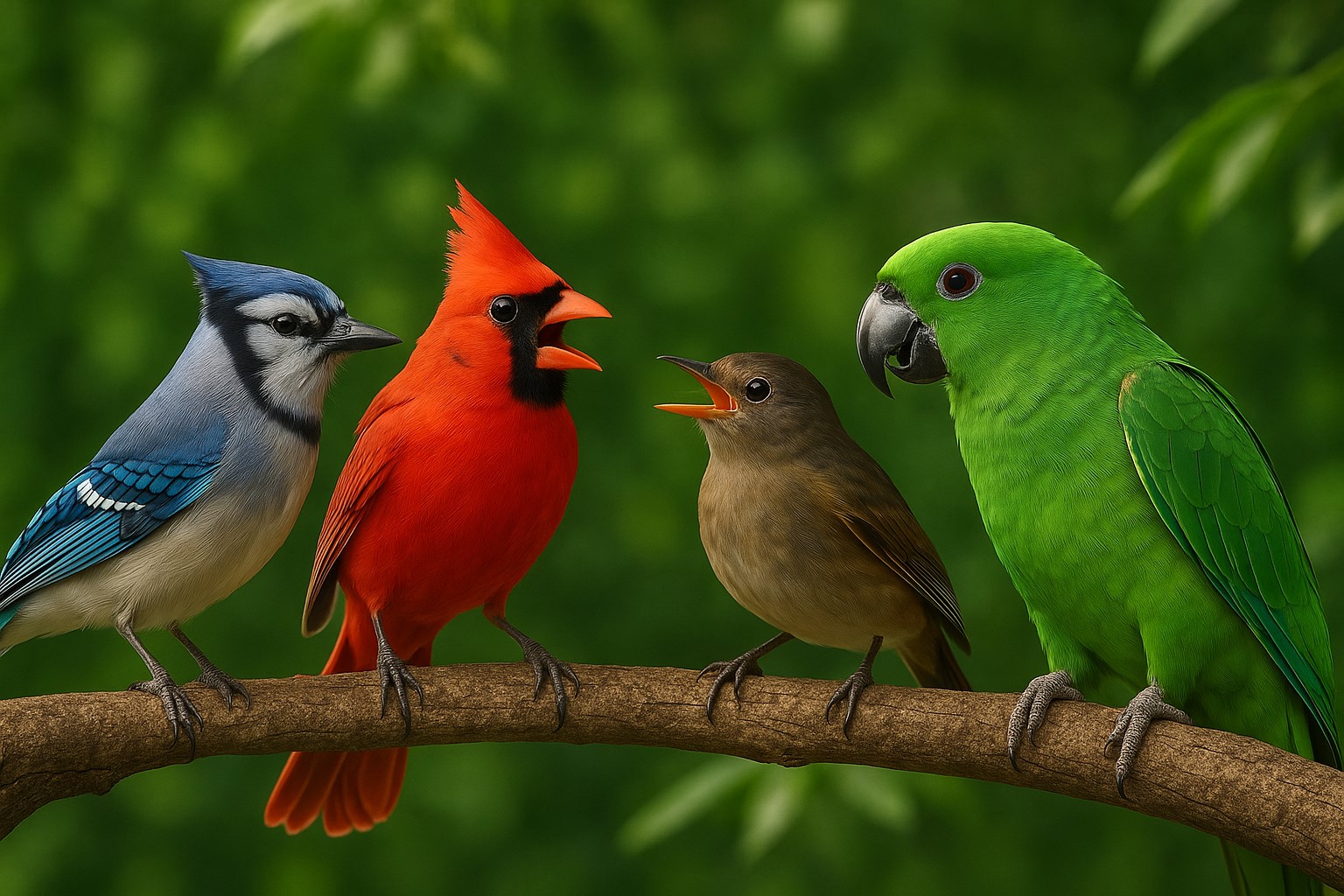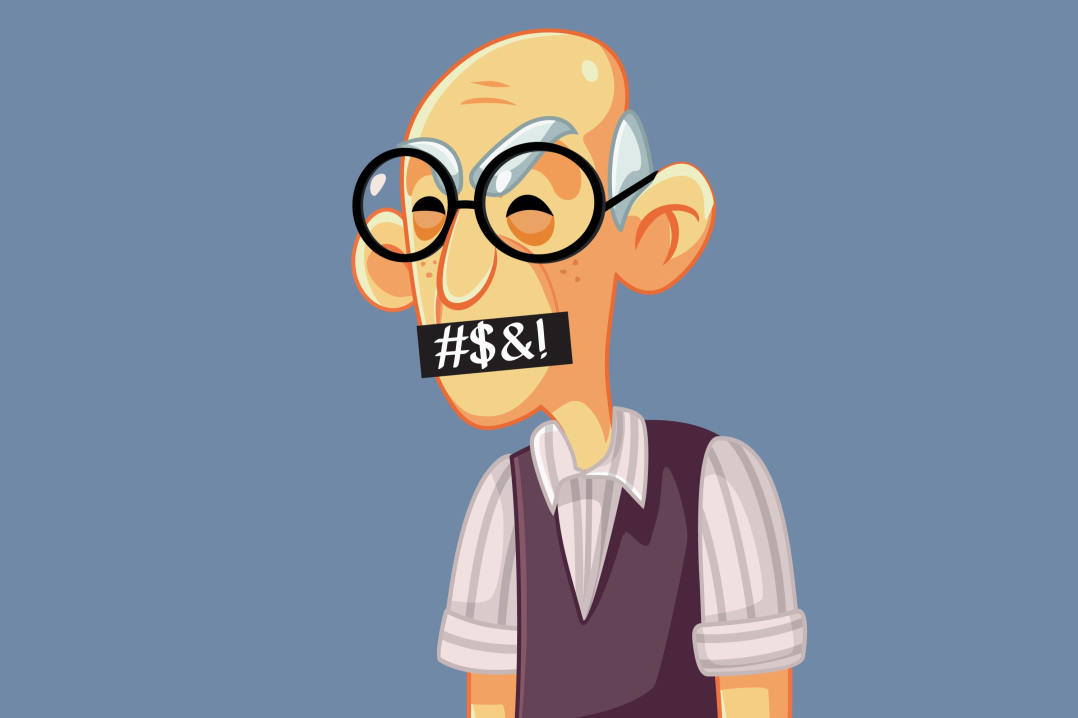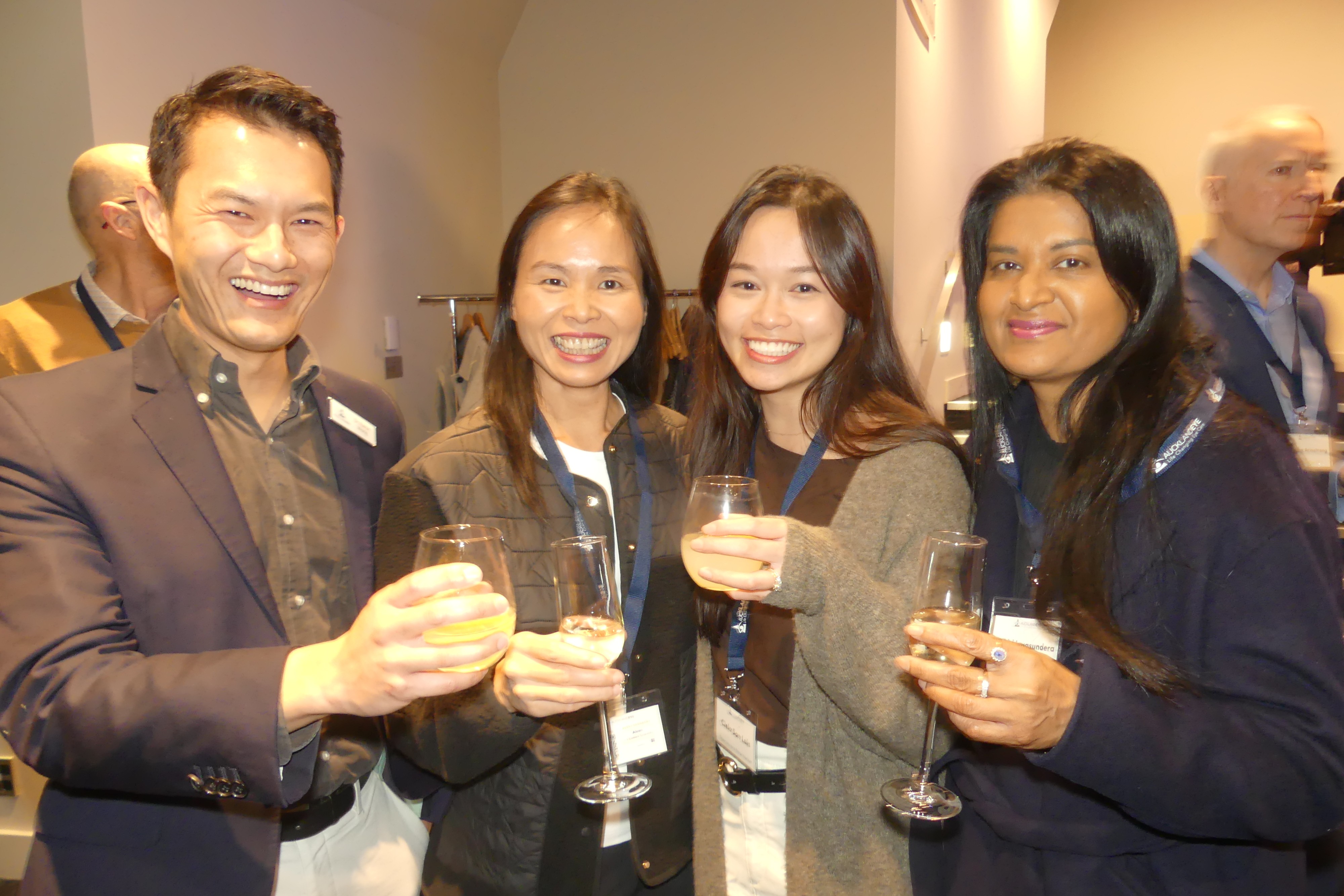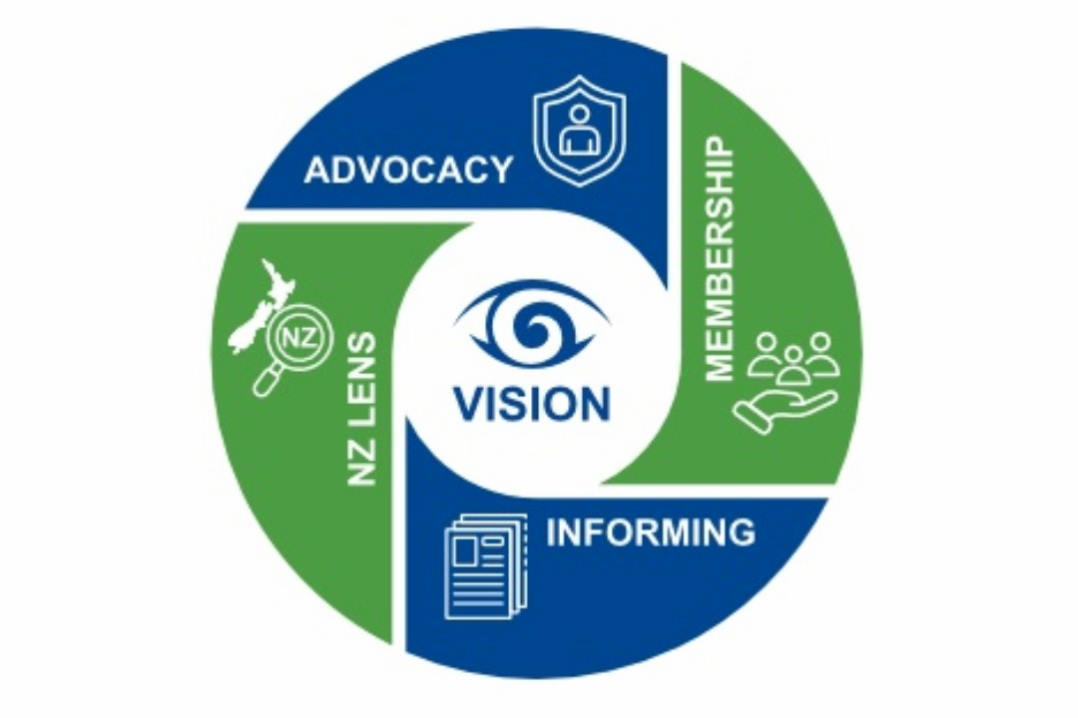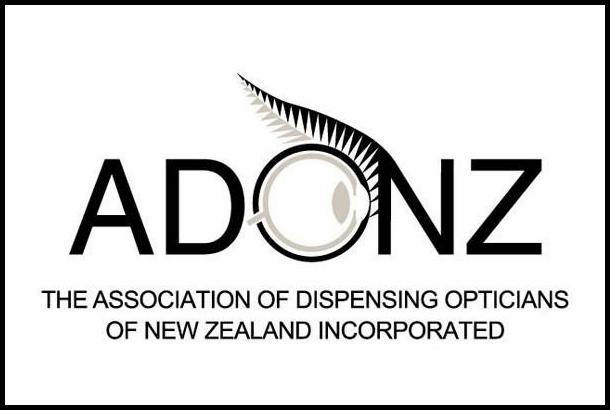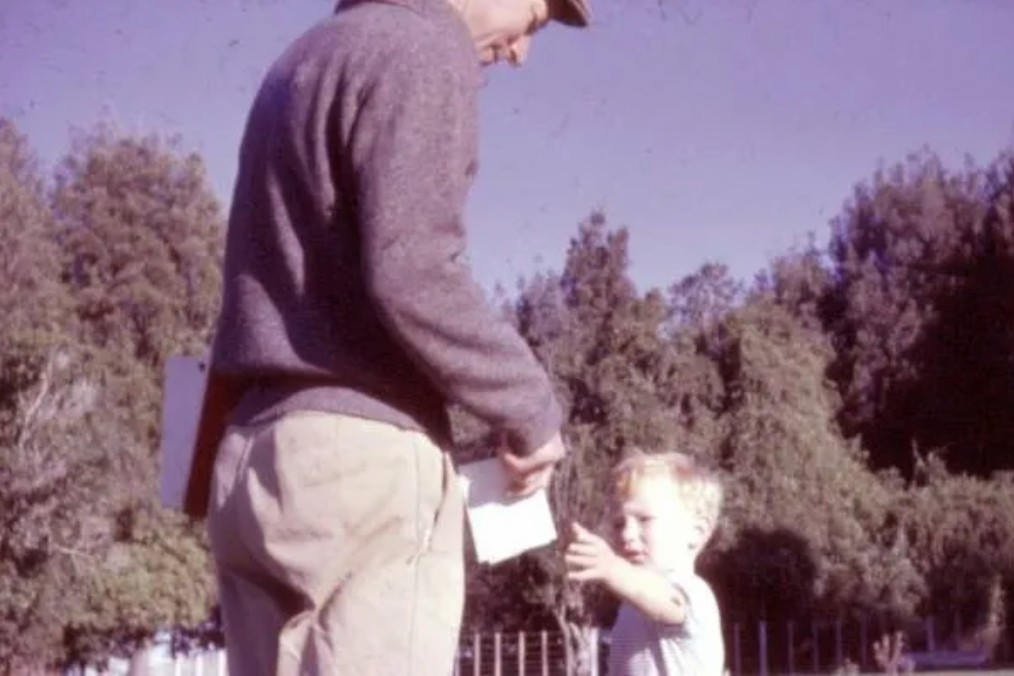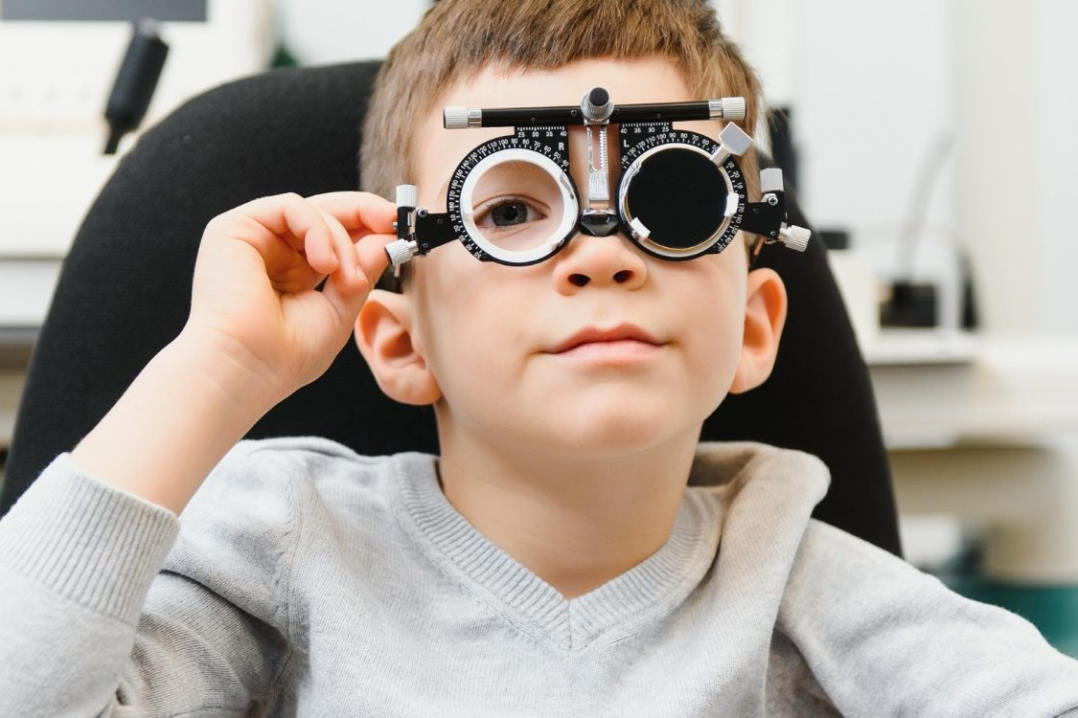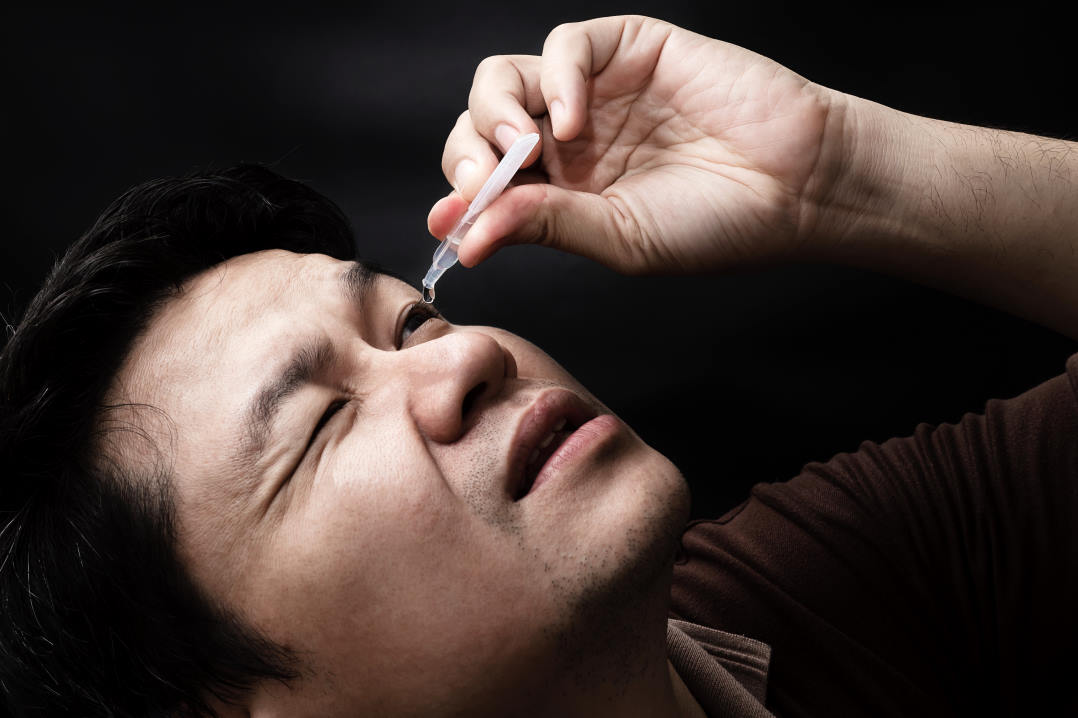A roadmap for darkness
From my point of view (excuse the pun) it’s getting tougher to write new stuff. My physical world is pretty much limited by tired bits and pieces these days, so imagination supplies the more interesting slices of my daily doings.
Wandering that route, I reckon academics are luckier – who needs flights of fancy when you've got real stuff to write about; everything from surgical advances to junkie rodents and bionic eyes. They get to hold conventions to kick their theories around during the day then chuckle over organic Sav blanc in the evenings, while I'm stuck in Ponsonby scratching around for a bit of inspiration.
Musing over the wealth of inside knowledge I've shared over the years, I found a great deal of it focused on how others reacted to my efforts at 'ordinary'. For me, sight loss was a process rather like an apprenticeship and it occurred to me that some sort of cheat sheet might help others. Some I've touched on before, others are insights gleaned from academic writings and dwindling drops of single malt.
Prelude: discovery
You've just been told by an otherwise perfectly nice person (PNP) that the lights are going to get dimmer and probably shut down permanently. This is the first part of your 'journey'. You've been used to new specs and clearer vision for years but now you’ve been handed a ticket to a compulsory mystery tour. At this stage it isn't usually bombshell stuff, it only hints at what's on the way. Regardless of the PNP's forecast, it feels safe to assume that since nothing drastic has happened yet, it’s not likely to. I think of it as the rejection phase; denial comes a bit later.
Since I could see reasonably well, I figured anything going on behind the eyes couldn't be crucial. (Pay attention to that, it’s important.) Sometimes the Plumbly logic is a force to be reckoned with, but not this time and the PNP's summary started to ring true. On reflection, retinitis pigmentosa (RP) issued a few warnings, but while I was having night vision worries, I could still beat a fair bit of the eye chart and get around the streets without causing or suffering injury.
Intermission: realisation
Advancing evidence of sight loss tends to make denial pointless, so I decided to settle for bluffing instead. Whether I was especially good at it or folks were too kind to laugh, it worked for more than a year until the thing decided to go on the offensive, offering the choice of facing reality or continuing to kid myself. That reality came in spoonfuls rather than great dollops.
The PNP at the eye clinic became redundant when I couldn't see her, let alone the fingers she assured me she was waving. For trainee blindies, this is the flashpoint, a time to rethink coping. The cane's OK for assurance and letting others know you're around, but realisation is a personal process best dealt with by an attitude change. You've done the fumbling around bit, but the 'brave' label and warm fuzzies aren't much use beyond this point; what's needed from here on is presence. Attitude for a blindy needs to be crafted, so unless you want to spend a fair amount of time tucked away safely in a corner, you need to start ignoring the polite conventions lots of folk cling to at the sight of a white cane.
Finale: reality
Reality is watershed time. Forget the DIY pamphlets and the wheelbarrow words (that they're in Latin is of absolutely no benefit to you). It’s time to man up (sorry, ladies) and realise the hand you've been dealt makes you the most important person in your life.
Unless you're a super blindy, things are stacked against you as soon as you wake up. 'Supers' organise their way around things, they never gargle hand cleanser or bumble into the ladies’ loo; they have plans, routines and stuff called ‘enabling’, which I found wasn't nearly as interesting as ‘attitude’.
Once you’re stuck with sight loss, the best thing to do is milk it and develop a character. First, stop fussing about clothes. You can't see what you're wearing or anyone's reaction, so chuck on what's handy; as long as it covers the essentials, who cares? The same applies to food. So you spill a bit – it’s a fork not a guided missile. Sure, 'sighties’ will notice the results but they'll be far too polite to mention it.
There are heaps of character-building tricks. People often exit the room quietly, leaving you talking to yourself. Once you realise that, drop your voice to a conversational level and chat on – this creates the impression that you're an eccentric and far more interesting than those supers or stoics.
Encore
There's no shortage of material, if you want to play. Word gaffes are my favourite; they're really common and quite innocent but I find a mildly barbed response better than embarrassing silence. When I get, 'Did you see that?' or ‘Look at that!', they get, 'Not really, perhaps you'd like to describe it for me'. The asinine, 'I can't imagine what it’s like' is best treated with, 'Nor can I' or better yet, 'Amazing! I was just about to ask you that'. OK, it’s flippant, sarcastic, maybe even a bit cruel, but it helps me convince myself that vision loss hasn't affected my cynicism towards pointless observations.
If you've passed through the above you'll have just about reached the destination the PNP gave you the ticket for. Apart from a few bumps and bruises there should be little physical damage; it’s the mental stuff you need to maintain or you'll end up back in the corner cringing from the last empathy-crusader attack.
So you’re blind, so what! You're different and even sighties need a bit of that, so get an attitude! There's comic stuff out there; you just need to poke it with a white cane, metaphorically speaking, of course.

Born in the UK, our ‘white-caner’ columnist, retired Dunedin antiques dealer Trevor Plumbly was diagnosed with retinitis pigmentosa more than 20 years ago and now lives in Auckland.










